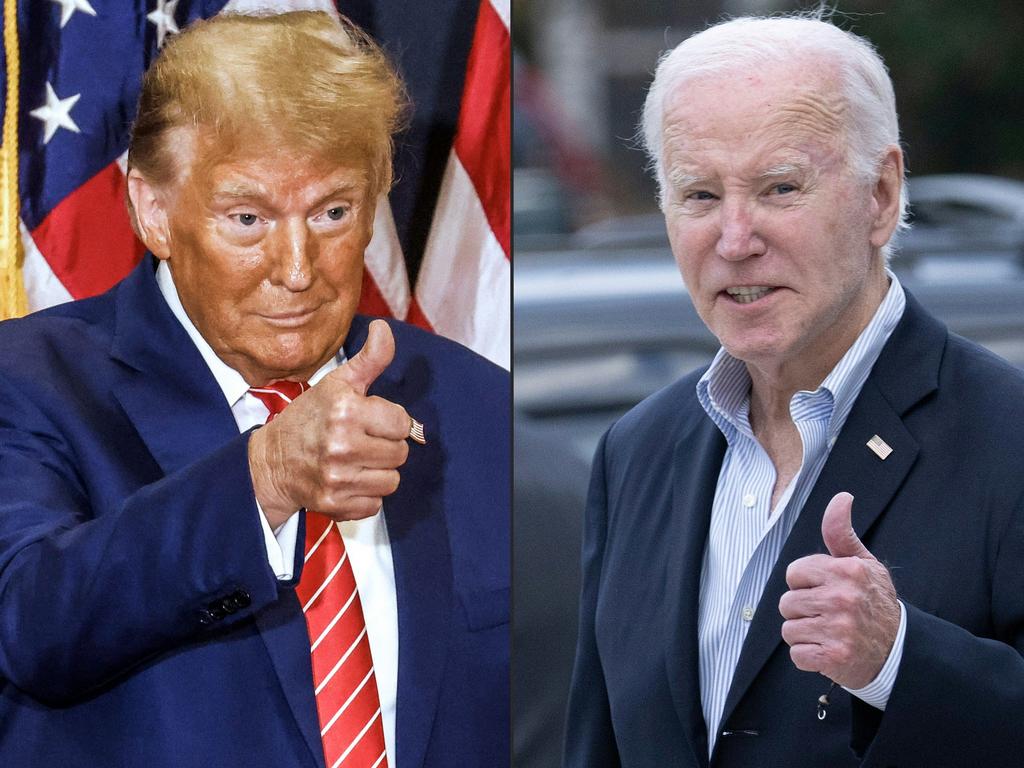
Arguing Australia will be left out in the cold, forced to muster our own defences as Trump’s America retreats into isolation, betrays a clear failure to understand our strategic environment. We are not (yet) atop a foreign enemy’s list for impending invasion.
Australia’s significance to Uncle Sam has always shifted as the objectives or aims of US foreign policy change. Franklin Roosevelt once quipped Australia was of no vital interest to the US, making it clear Washington was unlikely to come to Canberra’s aid if attacked. But the context for this was cemented in Europe as the theatre of war. With World War II reaching the Pacific, US objectives pivoted – as did the assessment of Australia’s utility to Washington’s strategic interests.

Geography is a principal component of national power – Canberra must acknowledge this; our partners, allies and competitors surely do. Bridging the Indian and Pacific oceans, Australia is critical to US grand strategy as it readies itself to compete for the long haul with China, chasing the US principal foreign interest of keeping global waterways free and flowing. This plainly makes Canberra an enduring strategic interest for the US, Trump 2.0 or not.
Contrary to public perception, Australia is not just a receiver of US security – we provide it too. Canberra enables plenty of US strategic activity. We host an expansive US marine footprint in Darwin, which is thought to be kitted out with fuel security redundancies and private port facilities. We have plans to expand our capacity to host more US nuclear-powered submarines in Western Australia. Australia’s centrality to US intelligence and communications is not going to change. Trump is not set to offshore well-established facilities such as Pine Gap or North West Cape to Manila, not even their call centres.
There will be costs of Trump 2.0 for Canberra. But these are ones we can stomach and some are past due. Trump 2.0 will force Australia to reconcile politics with values. Resilience in Australia’s industrial base will need to be supercharged. Hard discussions will need to be had as to public agency in the nation’s defence and security. Self-respect is required here. We are a smart, industrious, innovative regional defence and security stakeholder that is highly regarded by the US as an important interlocutor in the Indo-Pacific arena.
Government needs to lead in this. Australia often has denied Washington’s requests for support, the most recent being Anthony Albanese’s decision not to send ships to Operation Prosperity Guardian in the Red Sea. The reality is this operation was not perceived to be in Australia’s vital interest; an honest explanation, grounded in the fact we are a small defence force that must (and does) prioritise other capabilities, is well overdue.

AUKUS nay-sayers have relished the opportunity to call time on the partnership. Will Trump fire Washington’s AUKUS partners? AUKUS is a different beast to NATO; while we should expect NATO’s fiscal practices to be in Trump’s firing line, AUKUS won’t receive the same treatment. After all, it’s a good deal for the US. Australia is underwriting British and US shipbuilding sectors with cash injections committed in coming years. Of course, as an insurance policy it might be worth considering if the first SSN-AUKUS rolls off the production line it is christened SSN-Trump.
Trump 2.0 will inject more uncertainty into international politics. But uncertainty is already embedded in our global system and all we can control is how we navigate it. Government’s leadership and clarity over Australia’s domestic redundancies for an uncertain strategic existence has been lacklustre. Review after review, with absent funding plans, an uninspiring national debate and a Defence Department that has atrophied from years of risk-averse thinking, has left Australia exposed.
Whatever the case, Trump 2.0 won’t be the reason Australia finds itself on the periphery of strategic competition across the next century. We are practically benching ourselves.
Elizabeth Buchanan is an expert associate of the Australian National University National Security College.
More Coverage
 With World War II reaching the Pacific, US objectives pivoted – as did the assessment of Australia’s utility to Washington’s strategic interests.
With World War II reaching the Pacific, US objectives pivoted – as did the assessment of Australia’s utility to Washington’s strategic interests.






Fears abound that a Trump presidential win in November will lead to the unravelling of US-Australia “mateship” and place Canberra in a precarious security position, casting Australia adrift amid its most challenging strategic environment in decades. But this position sets out to give Donald Trump undue credit for Australia’s own defence and security oversights.